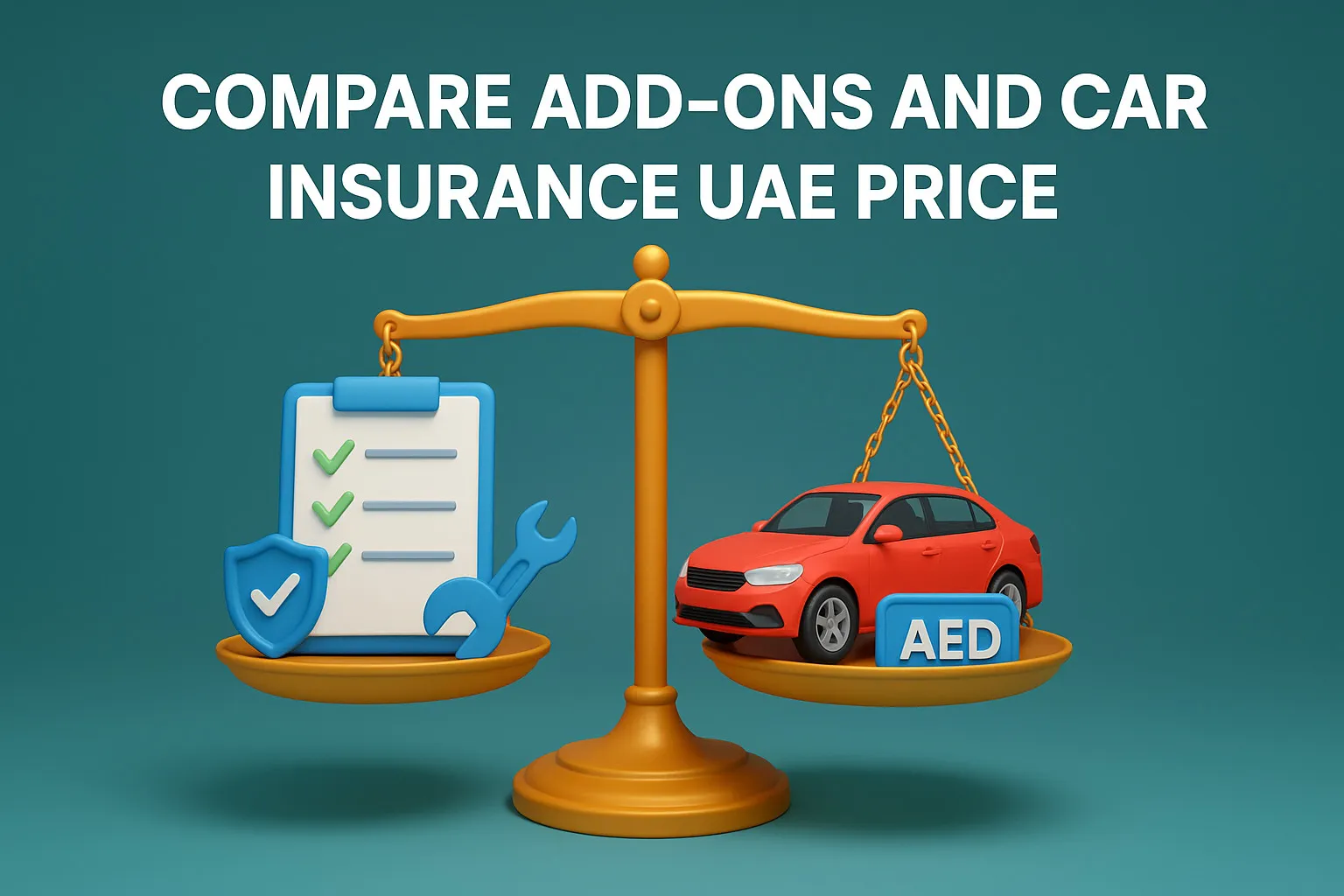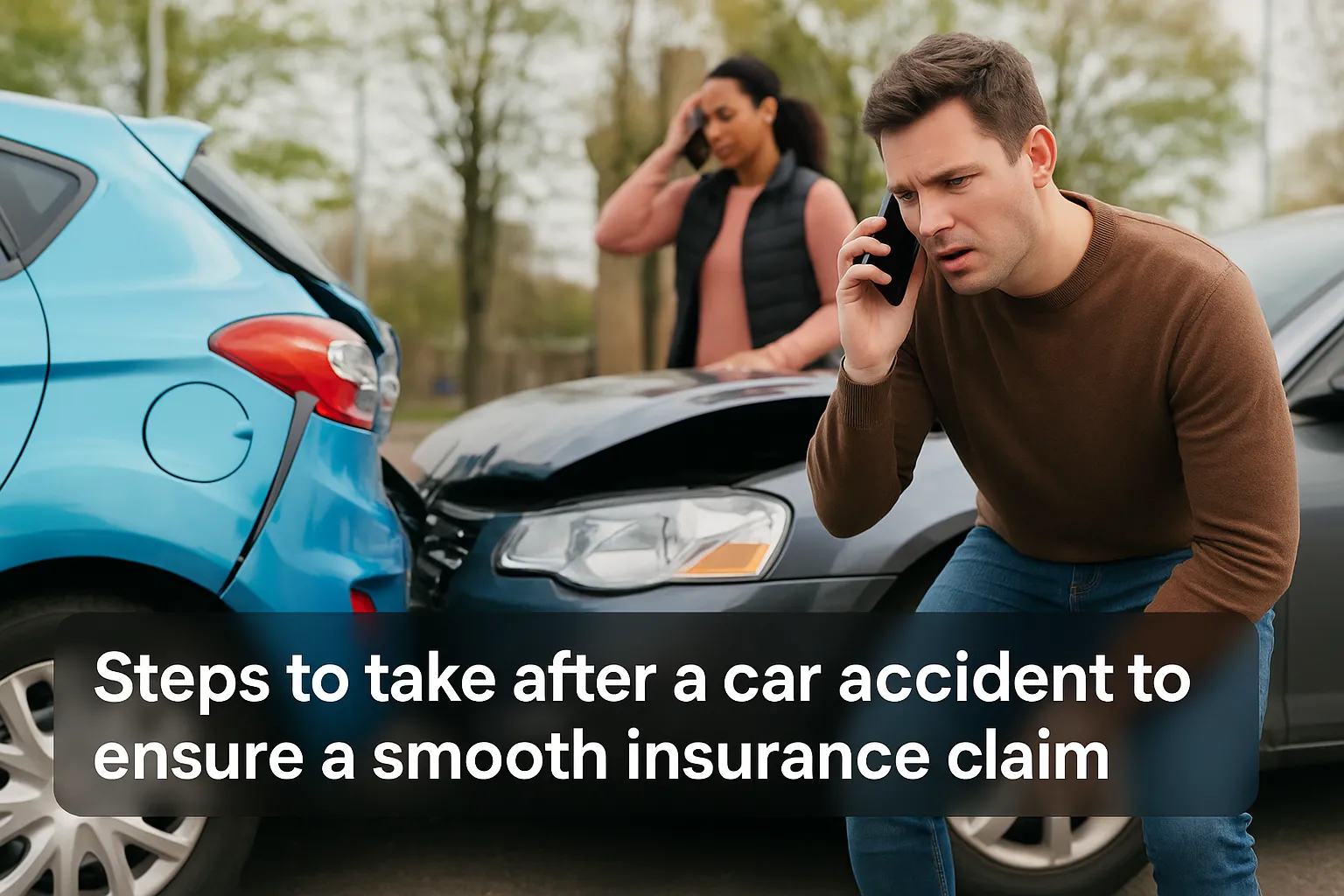When it comes to car insurance, one common question is whether insurance companies will insure damaged vehicles in advance. The policies and regulations surrounding this topic can be intricate and challenging to navigate, especially in the UAE, where laws and requirements may differ from those in other countries. This complexity underscores the need for expert guidance in understanding and making decisions about car insurance.
This article will explore whether getting insurance for a damaged vehicle in advance is possible, the factors that influence these decisions, and how you can navigate the process.
What is a damaged vehicle?
A damaged vehicle is any car that has suffered harm or deterioration, affecting its physical condition or functionality. Damage can result from accidents, natural disasters, vandalism, or mechanical failures. Counting on the extent of the damage, insurance companies and regulatory bodies may deem a vehicle roadworthy or unroadworthy.
Insurers evaluate this damage to determine the risk of insuring the vehicle and may require repairs before providing coverage to insure damaged vehicles.
Understanding car insurance for damaged vehicles
In the UAE, car insurance is obligatory for all vehicles on the road, as outlined by the Roads and Transport Authority (RTA). The law requires vehicles to be roadworthy to qualify for insurance.
To insure damaged vehicles can be more complicated than insuring a new or undamaged one. Insurance companies thoroughly evaluate the vehicle’s condition before issuing a policy to assess the associated risks.
Can you insure damaged vehicles in advance?
Typically, insurance companies are cautious about insuring damaged vehicles and lean on coverage denial. The decision to provide coverage depends on several key factors:
The extent of damage
Minor damages, such as dents or scratches, may be acceptable to insurers, but significant pre-existing damage affecting the vehicle’s functionality or safety can lead to rejection of coverage. Insurers need to insure damaged vehicles that meet specific safety criteria.
Vehicle inspection
A comprehensive vehicle inspection is usually required before an insurance policy is issued in the UAE. Inspections assess the car’s roadworthiness and identify any pre-existing damage.
As noted by Policyhouse.com, vehicles over three years old must undergo annual inspections to ensure they meet safety and environmental standards. Additional tests, such as for registration or post-failure, might also be required depending on the vehicle’s condition.
Repair requirements
Some insurers might require the vehicle to be repaired satisfactorily before providing coverage. This ensures the car is safe to drive and reduces the likelihood of future claims.
Policy exclusions
Even if a damaged vehicle is insured, policies usually exclude coverage for pre-existing damages. This means any future claims related to the damage noted at the time of the policy agreement are typically not covered.
Factors affecting insurance of damaged vehicles
To insure damaged vehicles in the UAE, several factors influence the decision beyond the extent of the damage itself:
- Vehicle age and type: Insurers can scrutinise older vehicles or those with a history of accidents more closely. High-performance cars or rare models may also have different insurance criteria due to their unique repair costs and risk factors.
- Repair history: A well-documented repair history can positively impact your insurance application. Insurers are more likely to provide coverage if previous damages have been professionally repaired and the vehicle is in good working order.
- Transparency: Being upfront about the vehicle’s condition and providing complete details can help build trust with the insurer, which can influence their decision to provide coverage.
- Type of insurance: The type of insurance impacts the ability to insure damaged vehicles. Comprehensive policies often have stricter conditions than third-party liability insurance, as they cover more risks. Insurers evaluate the vehicle’s condition to determine suitable coverage and pricing.
Tips for insuring a damaged vehicle
If you have a damaged vehicle and are considering getting it insured, here are some practical steps and tips to follow:
- Get a comprehensive vehicle inspection: Have your vehicle inspected by a certified mechanic or an authorised service centre to assess the damage accurately. A detailed inspection report can give insight into necessary repairs to make the vehicle roadworthy.
- Complete repairs before seeking insurance: Most insurers require damage to be repaired before issuing a new policy, meaning repair costs usually aren’t covered unless an active policy exists. If your vehicle is already insured, check with your provider to see if repairs are covered under your current policy.
- Contact multiple insurance providers: Since policies for insuring damaged vehicles vary, consulting with different insurance companies is beneficial. Ask about specific requirements, potential exclusions, and the types of coverage they offer.
- Maintain detailed records: Keep complete records of your vehicle’s condition and any repairs done. These documents can support your insurance application.
- Understand the policy terms: Before finalising any insurance policy, thoroughly review the terms, particularly regarding pre-existing damages. Ensure you know exactly what is and isn’t covered.
Final takeaway
To insure damaged vehicles requires careful consideration of several factors, including the extent of damage, the type of insurance, and the vehicle’s age and condition. A thorough vehicle inspection, transparency with the insurer, and an understanding of policy terms are crucial to securing coverage. The insurance authority takes the final call on whether to proceed with an already damaged car.
Always consult multiple providers and maintain detailed records of your vehicle’s condition and repair history to improve your chances of obtaining the right insurance.
Frequently Asked Questions (FAQs)
How does the type of insurance affect my coverage?
Comprehensive insurance policies have stricter conditions than third-party liability insurance, as they cover more risks and require the vehicle to be in better condition.
Are there any special requirements for insuring older vehicles?
Insurers may scrutinise older vehicles and those with a history of accidents more closely. They may need additional inspections or meet specific criteria to qualify for coverage. These factors are considered when deciding to insure damaged vehicles.






